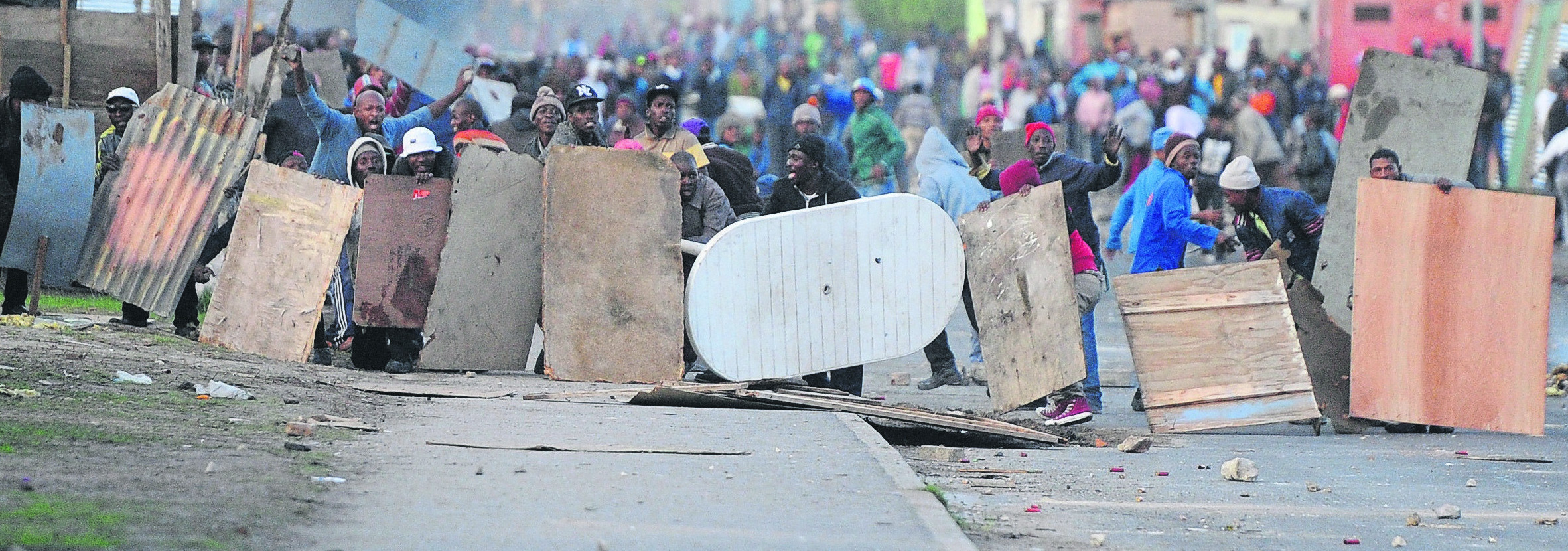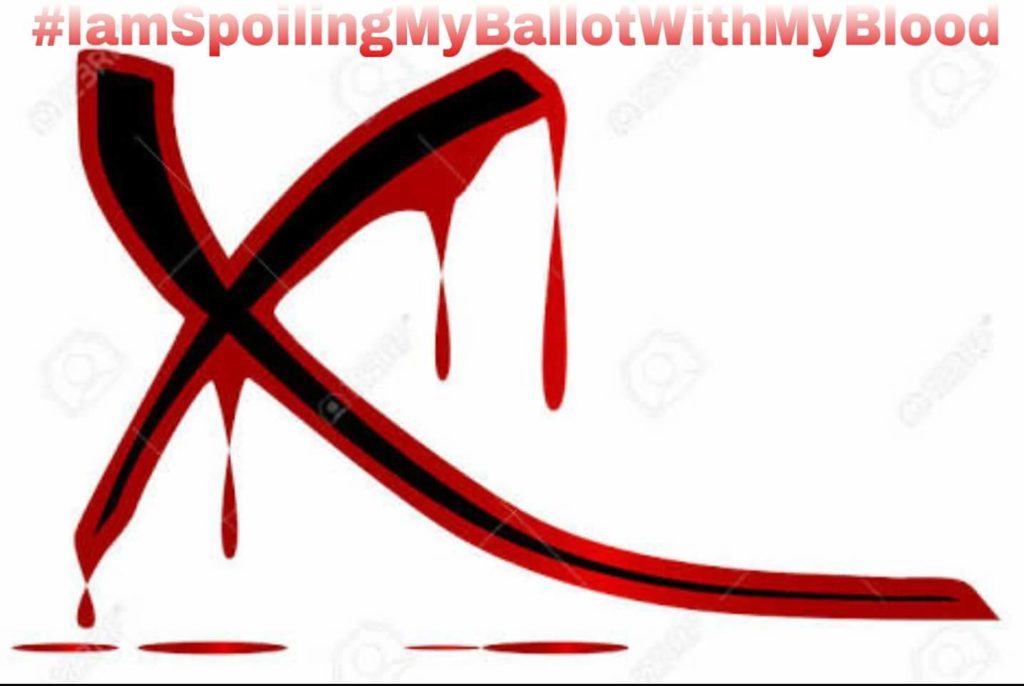
According to Ivor Chipkin, the FeesMustFall movement runs the risk of being coopted by the politicians and business people around Jacob Zuma who are stripping state owned enterprises like Eskom to the tune of billions. This after some student activists called for protests targeting the National Treasury and academic Kelly Gillespie pointed to the role of the treasury in making higher education unaffordable for the majority of Blacks.
Chipkin provides no evidence that there is a real danger that the student movements will inadvertently support the looting of the state, which seems to be the project holding the Zuma group together. In fact, he can only make his point by ignoring the politics of the FeesMustFall movement, which on the whole is diametrically opposed to that of both the Zuma and the Gordhan group. Chipkin’s political agenda is not so much that he seriously believes the students are about to support Zuma; he wants FeesMustFall to support the Gordhan group, even if only by not targeting National Treasury with criticisms and protests.
In order to support his political point, Chipkin argues that the National Treasury has not had a policy of neo-liberal austerity over the last 16 years. But the evidence he provides is as weak as his political framing of no possibilities outside of either Zuma or Gordhan.
To review the evidence, we need an idea of what ‘neo-liberal austerity’ is. Is a simple rise in spending on ‘social protection’, even a doubling over a thirteen-year period, proof enough that there is no neo-liberal austerity? This is what Chipkin suggests, but it is simplistic.
Cutting social welfare spending has been a burning ambition of neo-liberal treasuries everywhere. They have not always succeeded, because they had to contend with the balance of forces. Where there was strong resistance to such cuts, all they could do was keep this kind of expenditure as low as possible. In these cases, it does not mean they are no longer neo-liberal; it means they are neo-liberals who are not getting their own way one hundred percent.
The political essence of neo-liberalism is using the state to create the conditions for maximum wealth transfer from everyone else to the richest elite among business corporations. This is exactly what the ANC has been doing over the last two decades. This is precisely why the elite among the capitalist class is showing Gordhan so much love. From water to land to minerals to investment to monetary matters and agriculture, the ANC’s policies have included privatization, deregulation, commodification and all the other building blocks of neoliberal politics around the world. These long words all mean the same thing – state policies that protect and create opportunities for giant business corporations to make profits at the expense of everyone and everything else.
It is laughable to argue that in the middle of this general neo-liberal approach of the ANC, the treasury stands as the lone exception. Yes, expenditure on social grants has risen (though not in Gordhan’s last budget where it dropped in real terms). But these rises were never driven by what the actual needs for poverty relief and eradication were. It was carefully framed to be affordable while the tax regime leaves the wealth of the big corporates untouched and growing. A treasury that was pro-poor and against neo-liberal austerity would not have dropped taxes on these billionaire corporates as Gordhan and his predecessors have done. Instead they would have taxed them heavily not only on profit but also on accumulated wealth, which is the only way to seriously move towards ending poverty and inequality.
Research by Nandi Vanqa-Mgijima and Christopher Webb of the International Labour Research and Information Group (Ilrig) further exposes the claim that social grants is a sign that there is not a regime of neo-liberal austerity at the treasury. They explain how the payment and distribution has been outsourced to a company listed on the stock exchanges of Johannesburg and New York. Furthermore, all along the chain of the distribution and spending of the grants, micro-lenders and giant supermarkets are set up to make profit at the expense of the poor grant beneficiaries. Undoubtedly grant recipients have benefited, but the neo-liberal manner in which the grants have been distributed have benefited the usual shareholders and creditors for whom neo-liberalism is designed.
Quoting percentage increases in spending on social protection allows talk of ‘more than double’ and ‘well above inflation’, which has the sound of opulence rather than austerity. But the word austere means having no comforts or luxuries. To suggest a child grant of R350 per month means there is no austerity is fucking sick. The thing is that the grants started from such a scandalously low base, that even these large percentage increases still leave grant recipients in poverty. If this is not neo-liberal austerity, then the concept has no meaning.
Finally, Chipkin’s own account of the situation in higher education reveals that the treasury has deployed a strategy that is quite common for neo-liberal treasuries and has been used by Trevor Manuel with regard to local government. This is the strategy of ‘unfunded mandates’. An explosive increase in the number of tertiary students, without a corresponding increase in funding, pressured universities to raise the extra funding through fee increases and corporate funding that further subordinate knowledge production to neo-liberalism. The one is a direct consequence of the other and confirms the neo-liberal orientation of treasury beyond doubt.
Vice-chancellors now find themselves in a similar position to mayors. In the Manuel era funding for municipalities were cut by 90% at the same time that their service delivery responsibilities were increased manifold. Hence we had the ‘service delivery’ protests similar to the FeesMustFall protests, both ultimately caused by neo-liberal austerity policed by the treasury.
It is these community protests that won the increases in social spending, just as the student protests has already won increases in higher education spending. Both are up against the neo-liberal regime of the ANC, of which both Gordhan and Zuma are part. FeesMustFall is completely correct in targeting them both.

(Photo Credit 1: City Press / Ndileka Lujabe) (Photo Credit 2: Time / Siphiwe Sibeko / Reuters)


